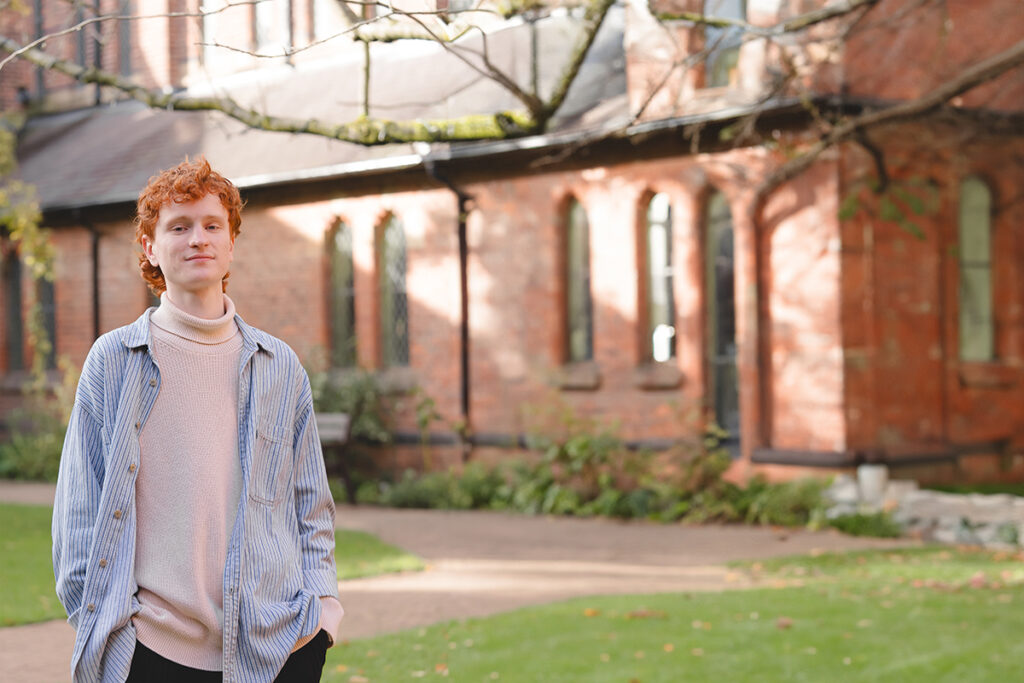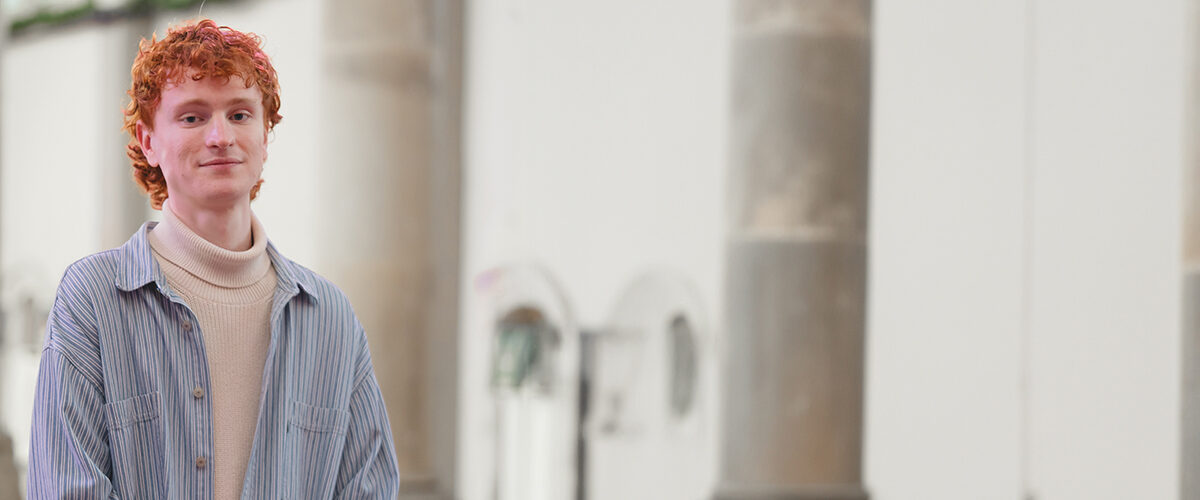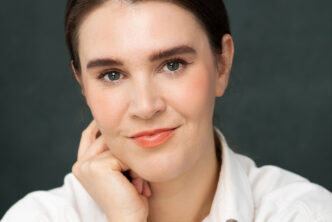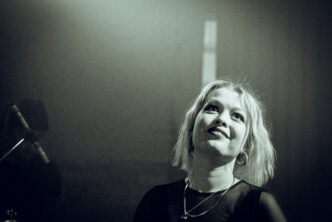RNCM Original Voices Festival celebrates new perspectives on music that has filled the concert hall for centuries alongside new orchestral works. Composer James Weatherly-Buss, one of Manchester Camerata 360 Ruth Sutton Fellows for 2023/24, is debuting his new work as part of the festival. Before being awarded the fellowship, James completed a postgraduate degree in composition at the Royal Northern College of Music where he studied with Larry Goves, Steven Daverson and Daniel Kidane, had discussions and feedback on his work in masterclasses by composers such as Anna Meredith, George Lewis and Sally Beamish and was shortlisted for the college’s prestigious 2023 Gold Medal Award.
He talks to Quays Life about his experience as one of the scheme’s inaugural fellows, using music for life-affirming causes and the debut of his new work, which is a response to the climate crisis.
Why did you initially apply for the fellowship?
James: “Manchester Camerata’s incredible musicians and their progressive approach to orchestral music has resulted in some incredible new works created in collaboration with contemporary composers that I really admire, for example Daniel Kidane’s ‘Be Still’. I’m a composer, so the forward-thinking approach that orchestra has really appealed to me, as a group I could learn a lot from, and the reassuring, real world experience that the fellowship offers is exactly what I needed to figure out where my place is and what I can offer as a musician”.
What did it mean to you to be awarded the fellowship?
James: “It was an incredible moment of validation, instantly a relief that a major orchestra thought my ideas were worth supporting and a dissipation of a lot of uncertainties I was feeling about a future as an artist at the time I applied”.

What have you done as part of the scheme?
James: “I’ve had training for and played in Music in Mind sessions (the orchestra’s trailblazing music therapy programme that has proven effects in relieving symptoms of dementia); had seminars relating to the technical aspects of what it takes to create and sustain artistic projects, both from Camerata’s management team and external experts; I’ve assisted the orchestra’s concerts team in preparing the Monastery in Gorton for orchestral concerts; and I’ve recently finished a commission for a new piece for a concert taking place at the Royal Northern College of Music for their Original Voices Festival on 14th March, which will be performed by the incredible musicians from the orchestra alongside current students”.
Was it what you expected – have there been any surprises?
James: “I was surprised by the courage of Camerata’s management team in their openness to other ways and perspectives of performing orchestral music. Doing things differently is quite a risk in a landscape as rooted in tradition as orchestral music, but a single-minded focus on the music of the past can hinder the development and proliferation of exciting new sounds and Camerata are very good at holding the past in one hand and the present in another, with an eye looking to the future”.
How has your work developed as part of the scheme?
James: “I’ve had lots of conversations about music with the orchestra’s musicians and the other fellows — who themselves are the most fantastic group of musicians, I’m very fortunate to have met them — and been put on to loads of great stuff that I hadn’t heard before and have had lessons in composition. I’ve also sat in on some of the orchestra’s rehearsals for concerts, which has been invaluable for the development of my compositional practice”.
Can you tell us about the new piece you have composed for the Original Voices Festival?
James: “The piece was written in collaboration with Chris Redmond, co-founder of Hot Poets — an organisation that works in collaboration with scientists at the forefront of developments in climate science. The piece comes in the midway point of the concert, which has been programmed with a narrative about reaching a peak in the urgent necessity for worldwide change in responding to the climate crisis while also acknowledging the positive changes that are being made in industries such as agriculture and technology, which themselves looks to be reaching peak of their own that will instigate tremendous, fast developments”.
What are the next steps for you now?
James: “Myself and the other fellows will be working with Camerata and community leaders in Pendle (an area which was very important to Ruth Sutton, founder of the trust for music that supports the fellowship) to develop a local arts project. I’m also going to write a new piece for the other fellows, who all play string instruments to a very high level, inspired by their personalities and their influences. Alongside these I’ll continue to take play in Music in Mind sessions, assist at concerts and receive practical training in How To Make Things Happen”.
What would you say to someone else thinking about applying to the fellowship scheme?
James: “The fellowship is an opportunity to apply your musical skills for genuinely life-affirming causes. In Music in Mind sessions, helping to hold someone in a present moment in a musical dialogue, who otherwise — as a consequence of living with dementia — has restricted capabilities of self-expression, has left me in no doubt to the vitality of being someone that makes music for both the health of an individual and a community”.
James has composed a new piece for Manchester Camerata which gets its debut performance on 14 March 2024 at the RNCM where it will be played as part of the Original Voices Festival.





